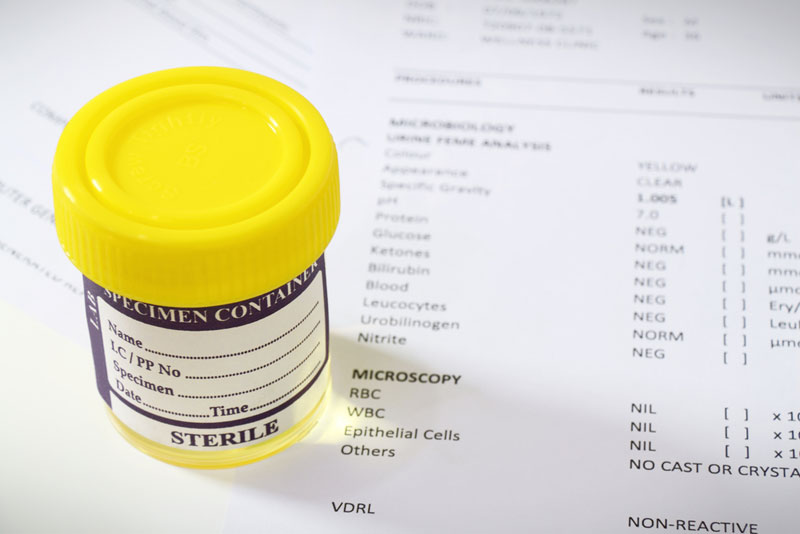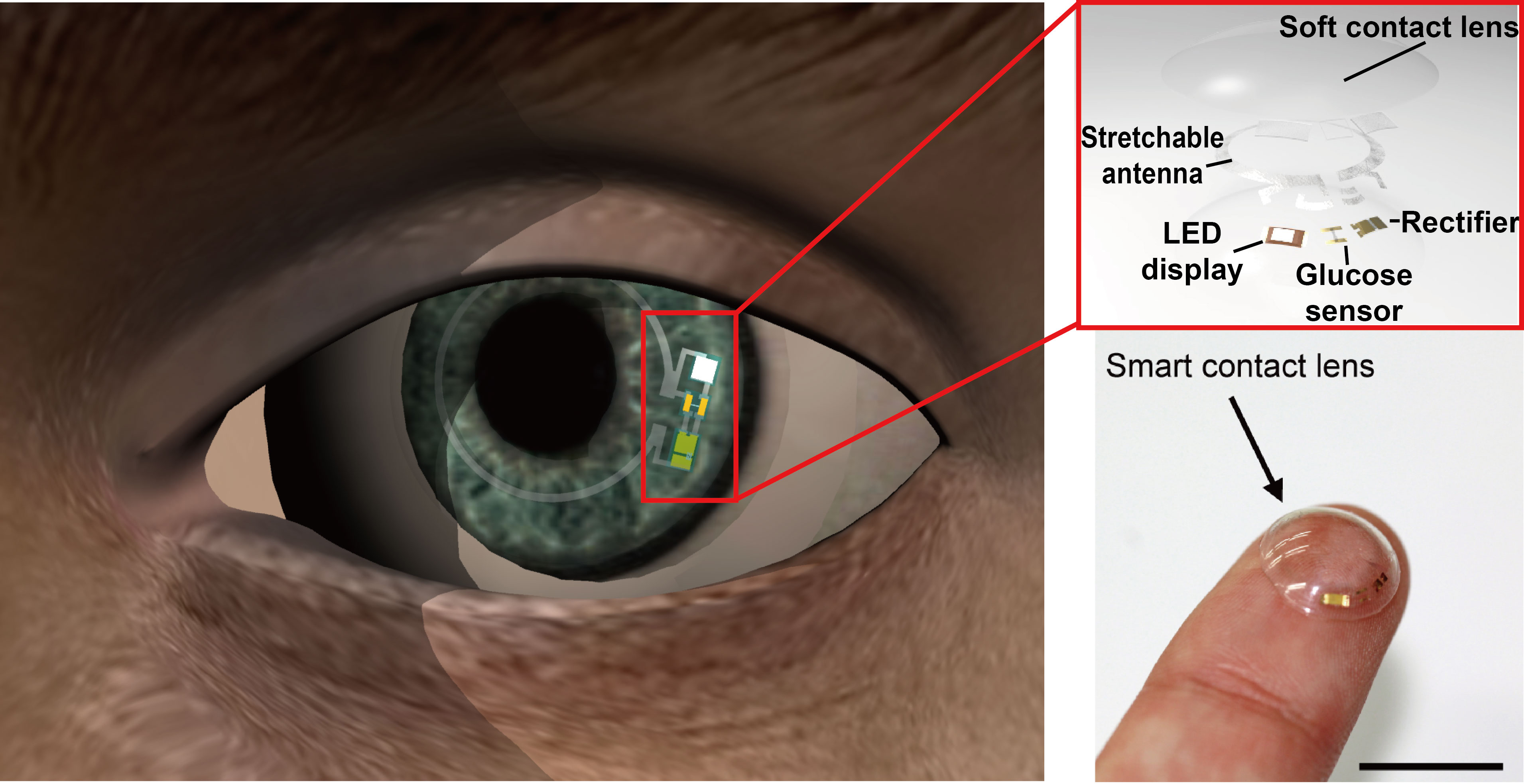
Christopher Wanjek
Christopher Wanjek is a Live Science contributor and a health and science writer. He is the author of three science books: Spacefarers (2020), Food at Work (2005) and Bad Medicine (2003). His "Food at Work" book and project, concerning workers' health, safety and productivity, was commissioned by the U.N.'s International Labor Organization. For Live Science, Christopher covers public health, nutrition and biology, and he has written extensively for The Washington Post and Sky & Telescope among others, as well as for the NASA Goddard Space Flight Center, where he was a senior writer. Christopher holds a Master of Health degree from Harvard School of Public Health and a degree in journalism from Temple University.
Latest articles by Christopher Wanjek
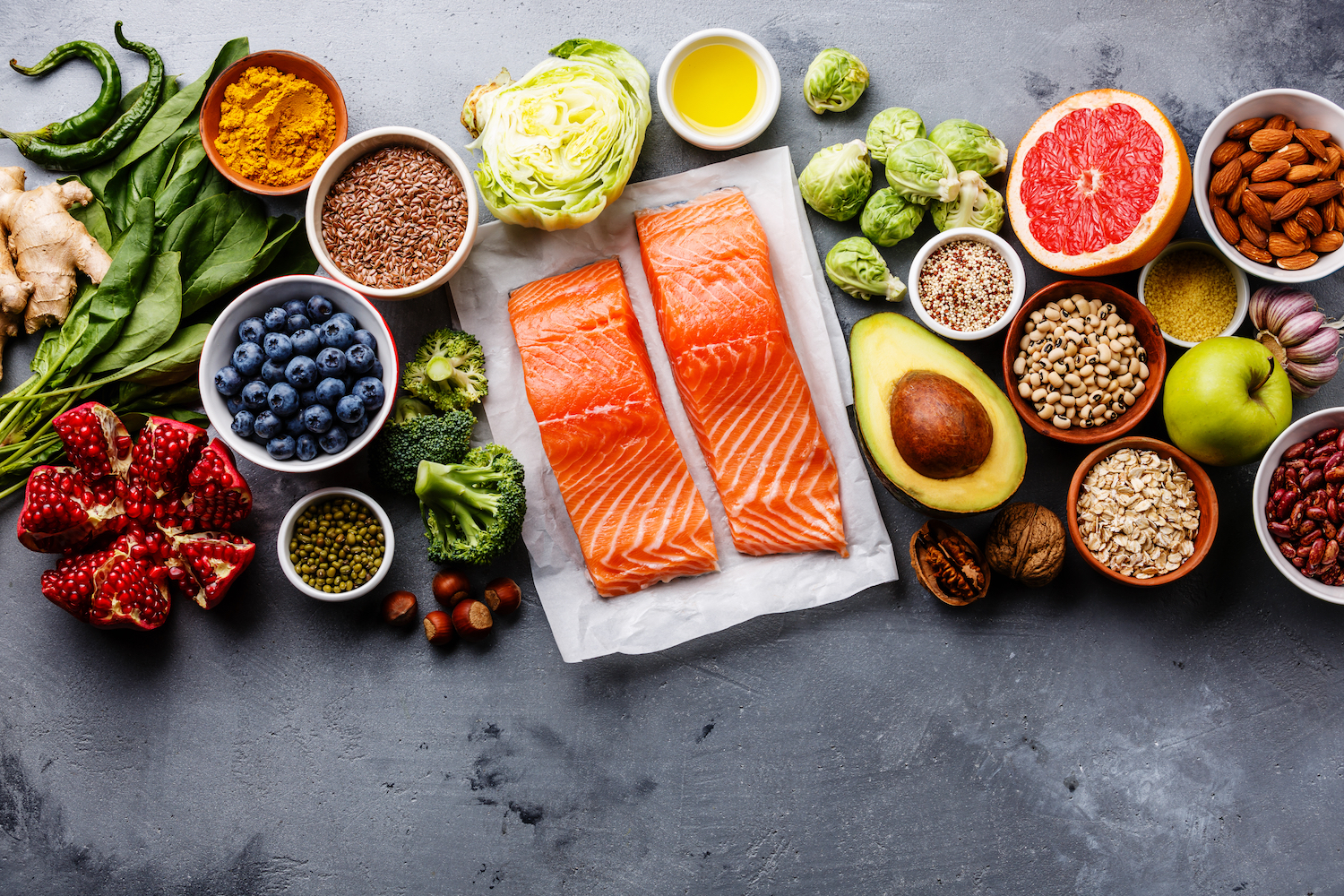
What are superfoods?
By Christopher Wanjek published
So-called "superfoods" may have health benefits, but no more than other nutritionally dense foods.

The Science Behind the Cell Phone Cancer Scare
By Christopher Wanjek last updated
Do cell phones cause cancer? Studies can't find a link, but fear remains.

The Truth About Cell Phones and Cancer
By Christopher Wanjek last updated
There is no plausible biological or physical reasoning for why it cell phones would cause cancer.

When Health Food Is Unhealthy
By Christopher Wanjek last updated
Nuts, seeds, and fruits are generally healthy but, like many health foods, they can pack a lot of calories.

Dietary Supplements Instill Illusion of Invincibility
By Christopher Wanjek last updated
The bad news? There's no proof that vitamins are a magic bullet.
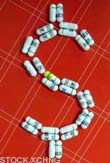
Dietary Supplements: Too Much of a Good Thing?
By Christopher Wanjek last updated
Americans are spending $23 billion a year on them, and the National Institutes of Health thinks that might be about $22.99 billion too much.

Skin microbes betray your age
By Christopher Wanjek published
Scientists have found that the profile of the microbes on your skin can predict your chronological age to within a few years.
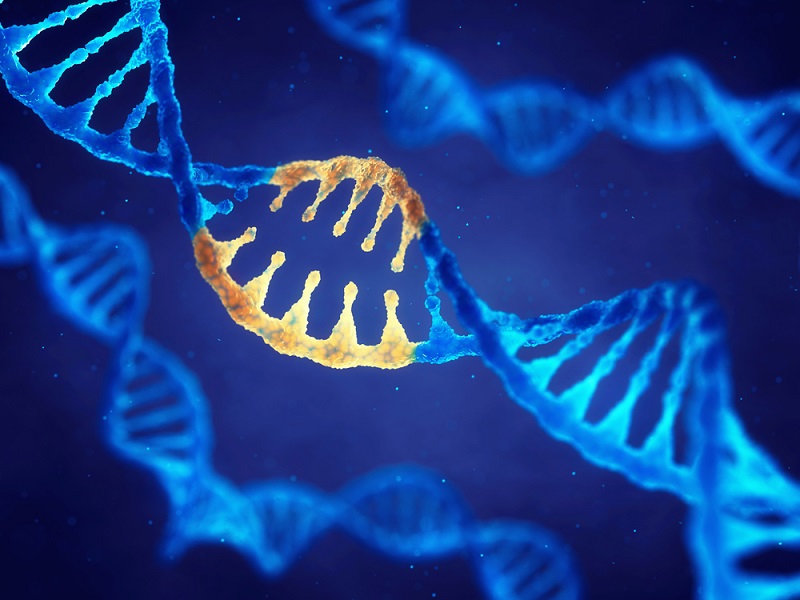
Take That Back: The Top Scientific Retractions of 2019
By Christopher Wanjek published
This past year was rich in scientific retractions of papers filled with poor processes and, in many cases, blatant fabrications.
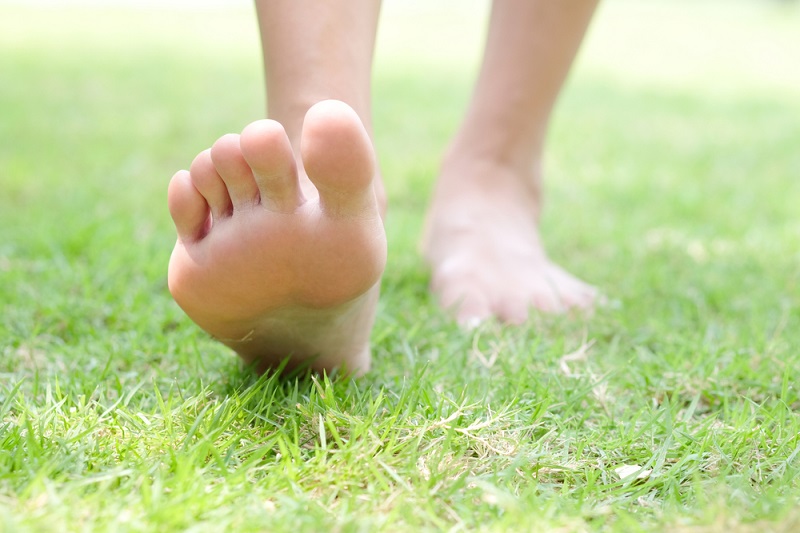
Barefoot Walking Gives You Calluses That Are Even Better for Your Feet Than Shoes, Study Suggests
By Christopher Wanjek published
Foot calluses have evolved to protect the feet and provide comfort in perhaps ways that shoes can't match, a new study says.
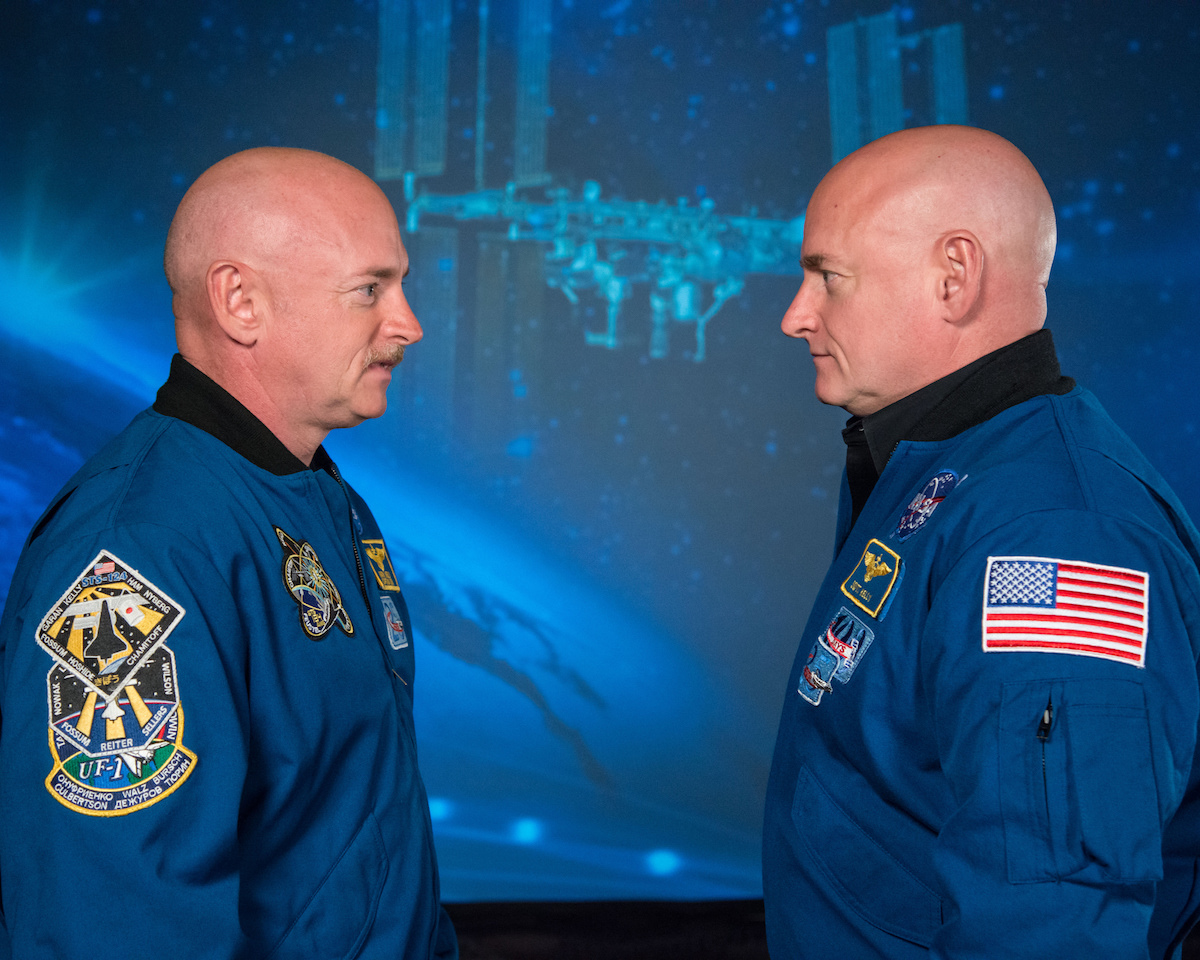
Scott Kelly's Year in Space May Have Aged Him — But He's Mostly Fine
By Christopher Wanjek published
How a year in space affected Scott Kelly's health.

Being a Night Owl Really Can Hurt Your Mental Health
By Christopher Wanjek published
Morning people have a lower risk for depression and other mental health concerns compared with night owls, but your natural sleeping pattern is strongly controlled by genes, a study finds.

The Real Fake News: Top Scientific Retractions of 2018
By Christopher Wanjek published
From unintentional irony to flat-out fraud, it has been another banner year for scientific retractions. Here are five notable ones.
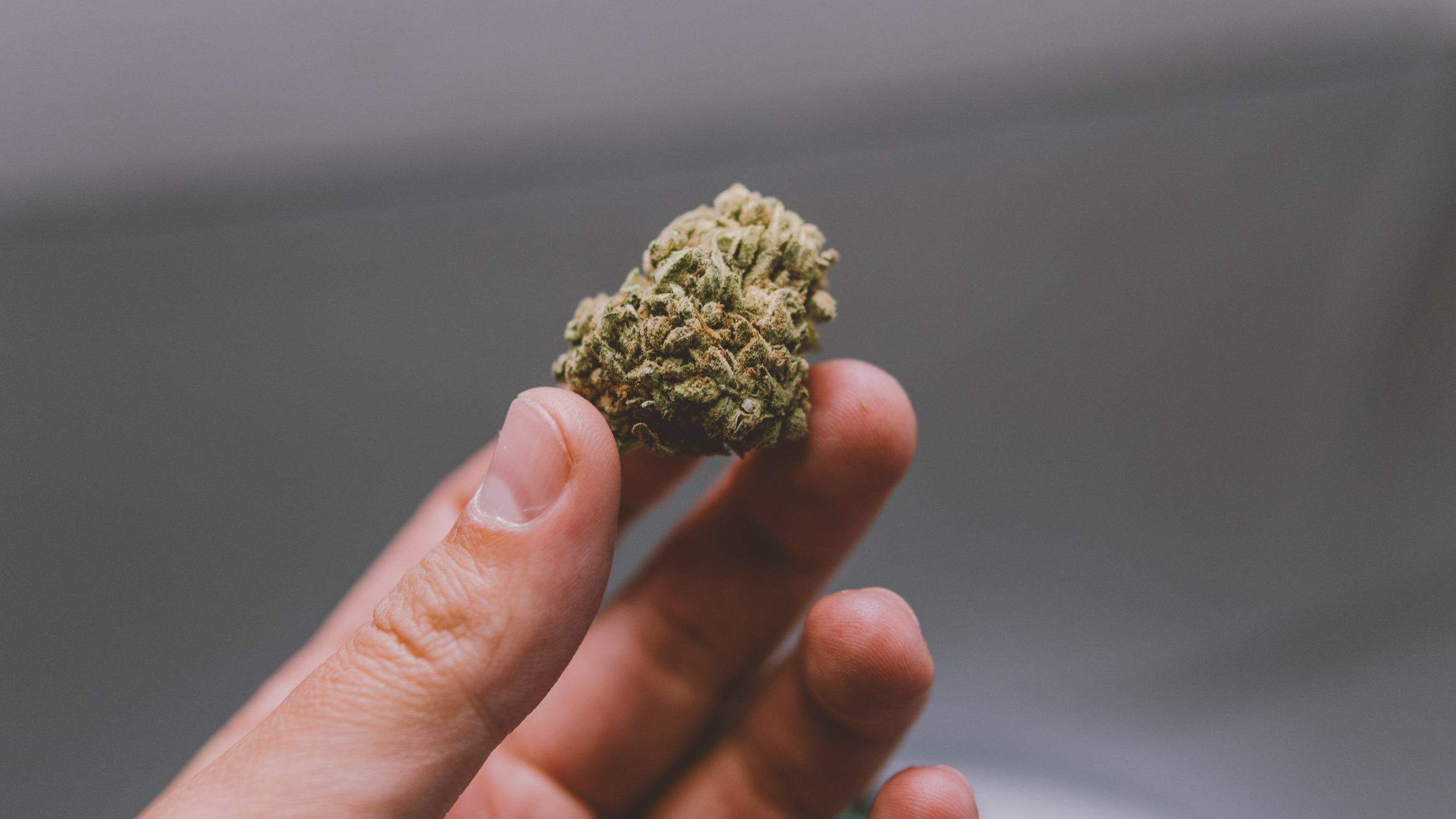
Men Who Smoke Pot May Have Lower Sperm Count
By Christopher Wanjek published
Recreational marijuana use is becoming increasingly legal across the U.S., but that doesn't mean that it's safe.
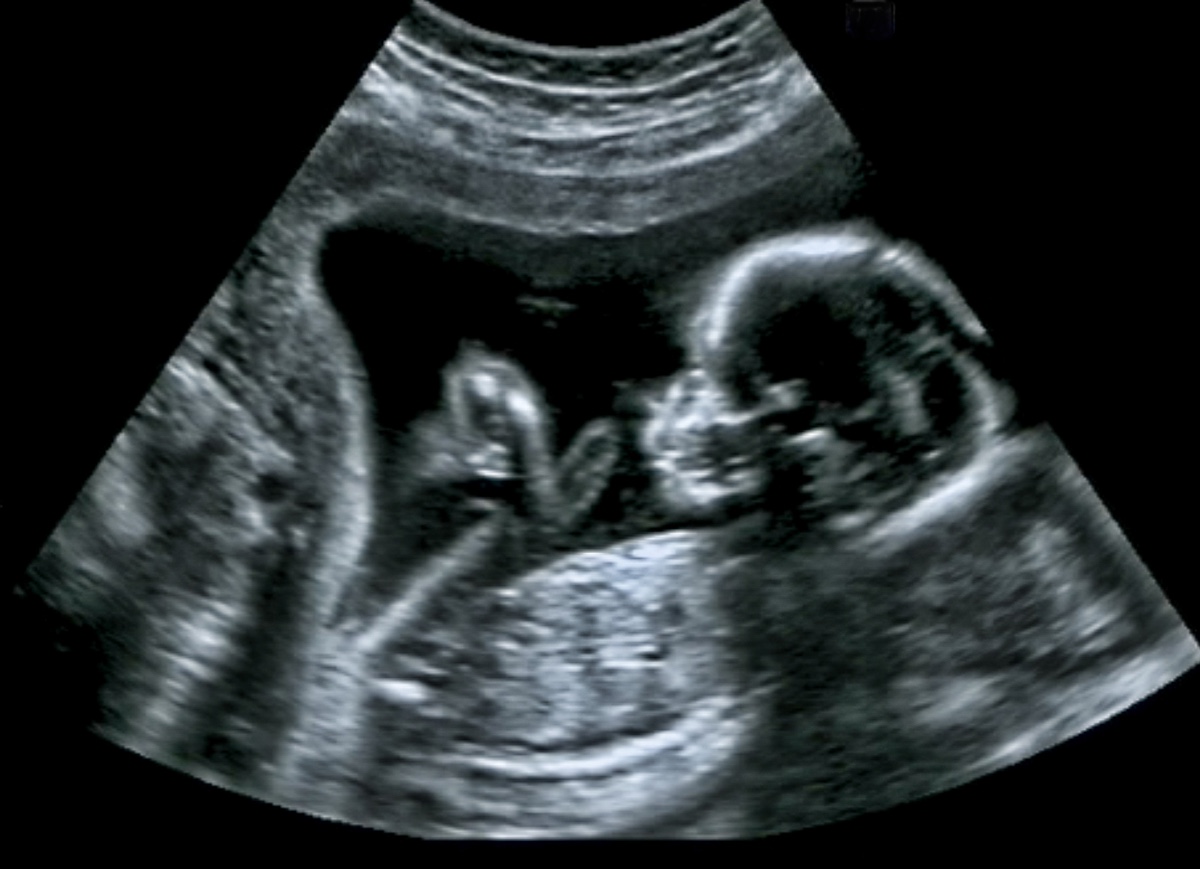
Babies Create a Mental Map of Their Body Before They Ever Leave the Womb
By Christopher Wanjek published
Those kicks and jabs help your baby build an information superhighway while still in the womb.
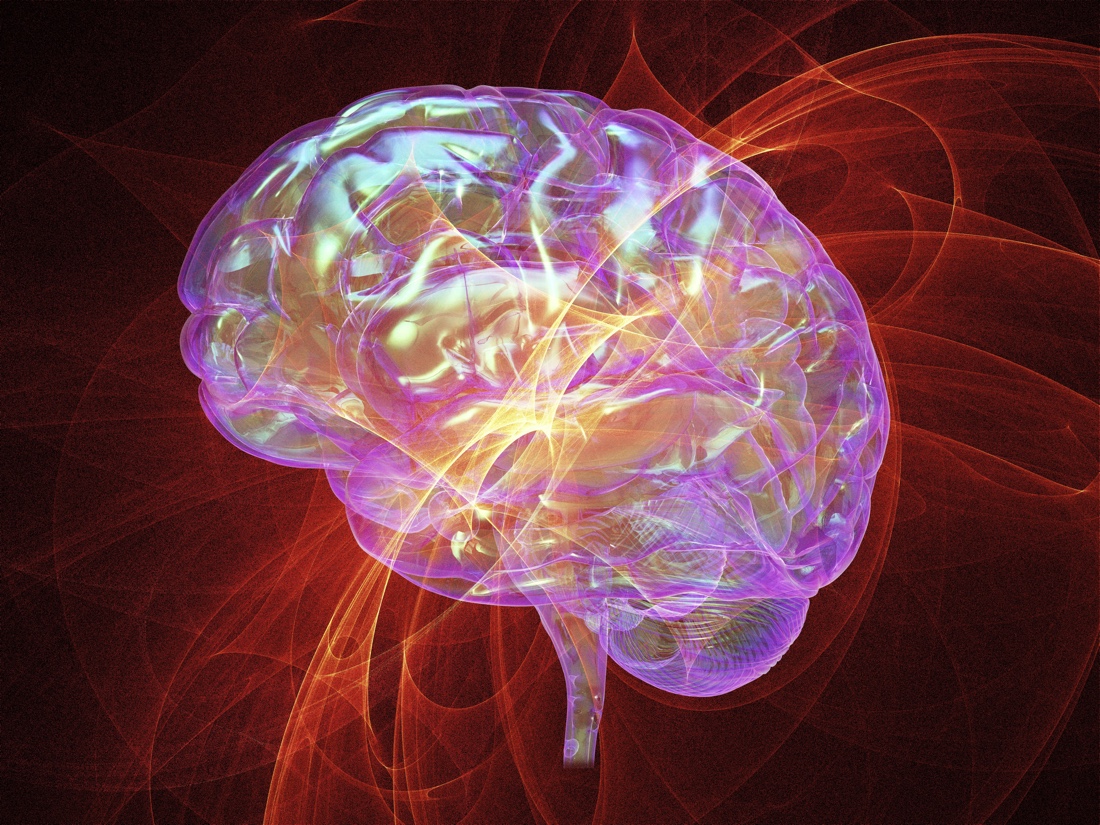
It Might Stress You Out to Know What Stress Is Doing to Your Brain
By Christopher Wanjek published
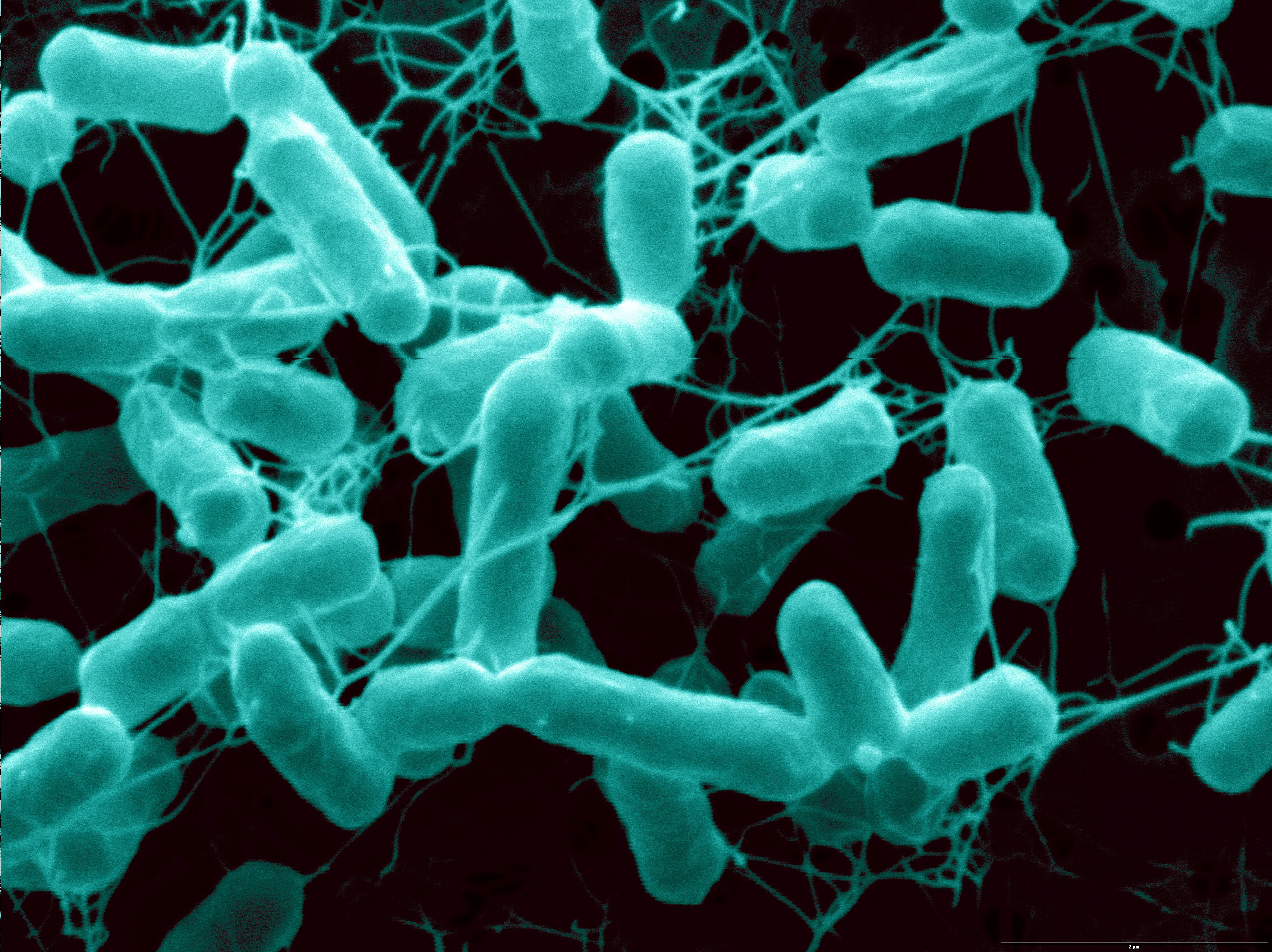
Salmonella Hides Its Tail to Stay Invisible to Immune System
By Christopher Wanjek published
You'd be hard-pressed to find someone to say something good about Salmonella...
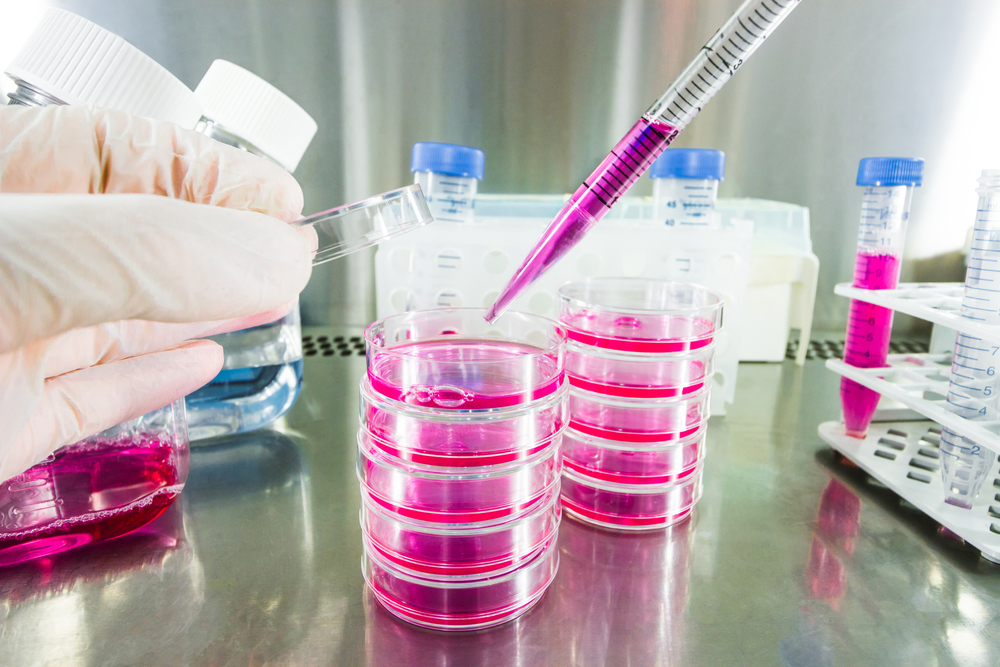
Brain Cancer's 'Immortality Switch' Turned Off with CRISPR
By Christopher Wanjek published
Researchers have found a way to short-circuit the "immortality switch" that cancer cells use to divide indefinitely.
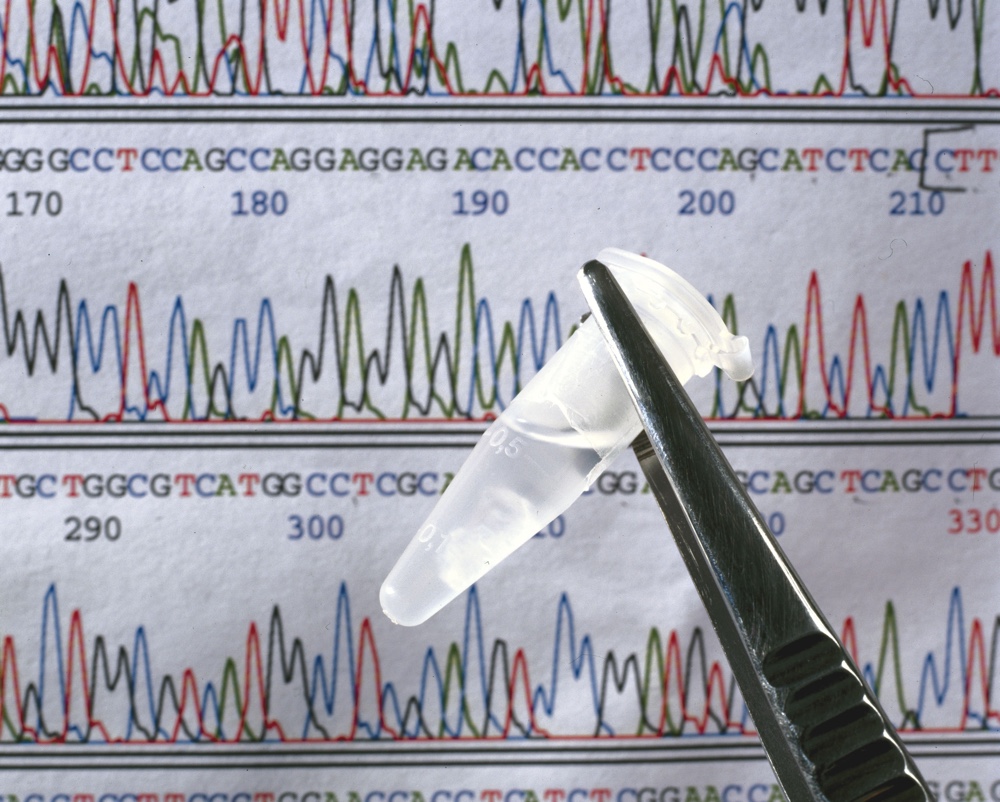
How Close Are We, Really, to Curing Cancer with CRISPR?
By Christopher Wanjek published
The promise of CRISPR is being realized today in the lab through the creation of special animal models and cell lines. And the technology is finally entering the clinic to treat humans directly.

Could Aspirin Help Prevent Alzheimer's Disease? Mouse Study Says Maybe.
By Christopher Wanjek published
Scientists have found how aspirin might help prevent Alzheimer's disease by helping cells clear the debris that leads to amyloid plaque formation.
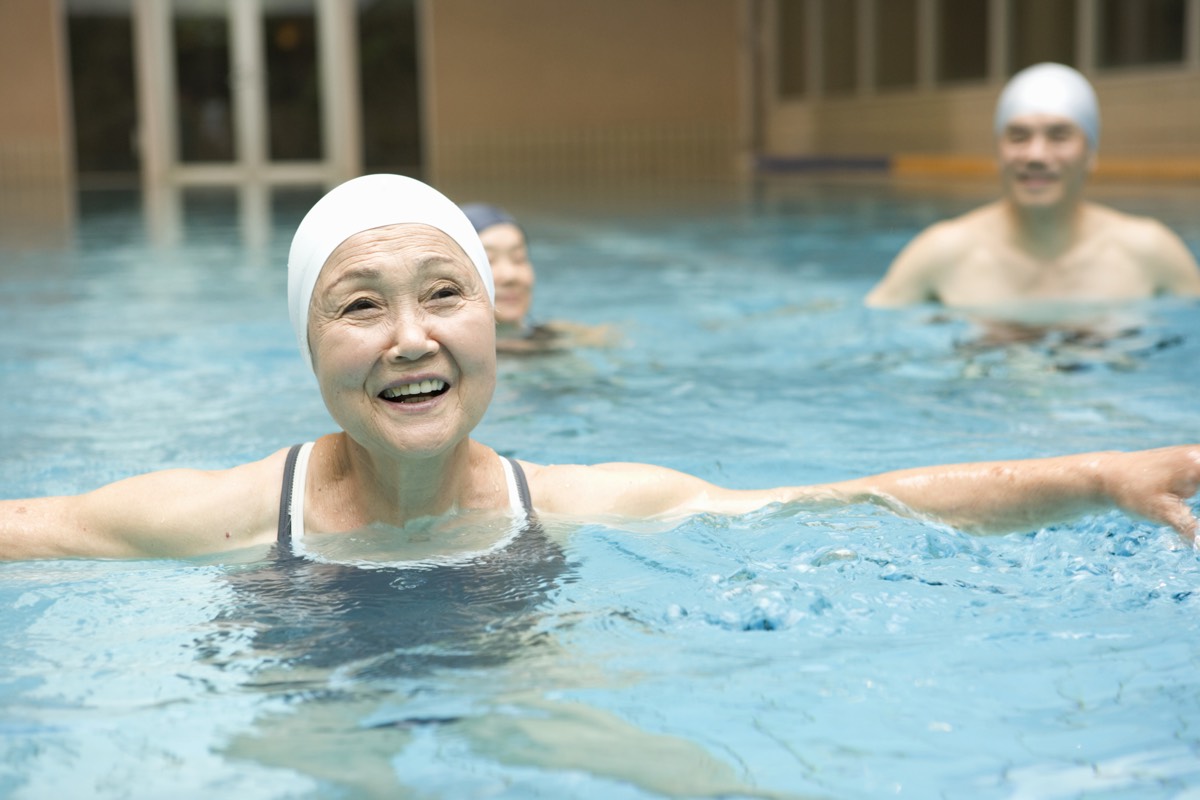
Here's How Much Exercise You Need to Give Your Brain a Boost
By Christopher Wanjek published
Any physical exercise will improve thinking, as long as you do it somewhat consistently and stick with it long enough, according to an analysis of 98 previous studies.

Game-Changing Study Finds Dozens of Genes Tied to Depression
By Christopher Wanjek published
The finding may explain why antidepressant therapies work well for some people but are utterly ineffective for others.
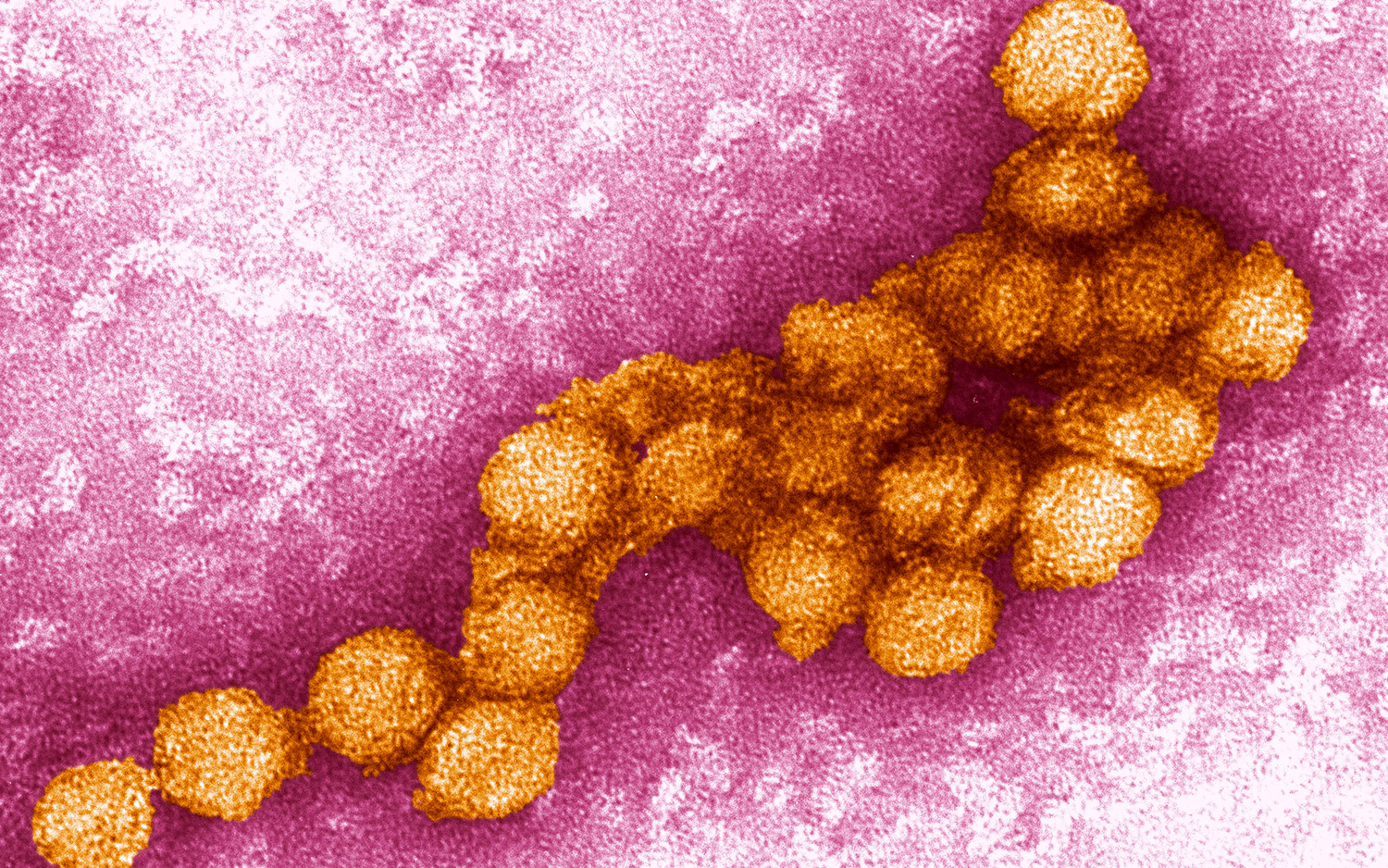
Here's Why Antibiotics May Give Viruses a Leg Up
By Christopher Wanjek published
Why are infections from the viruses that cause West Nile fever, dengue and even Zika deadly for some people but mild in others?
Sign up for the Live Science daily newsletter now
Get the world’s most fascinating discoveries delivered straight to your inbox.

